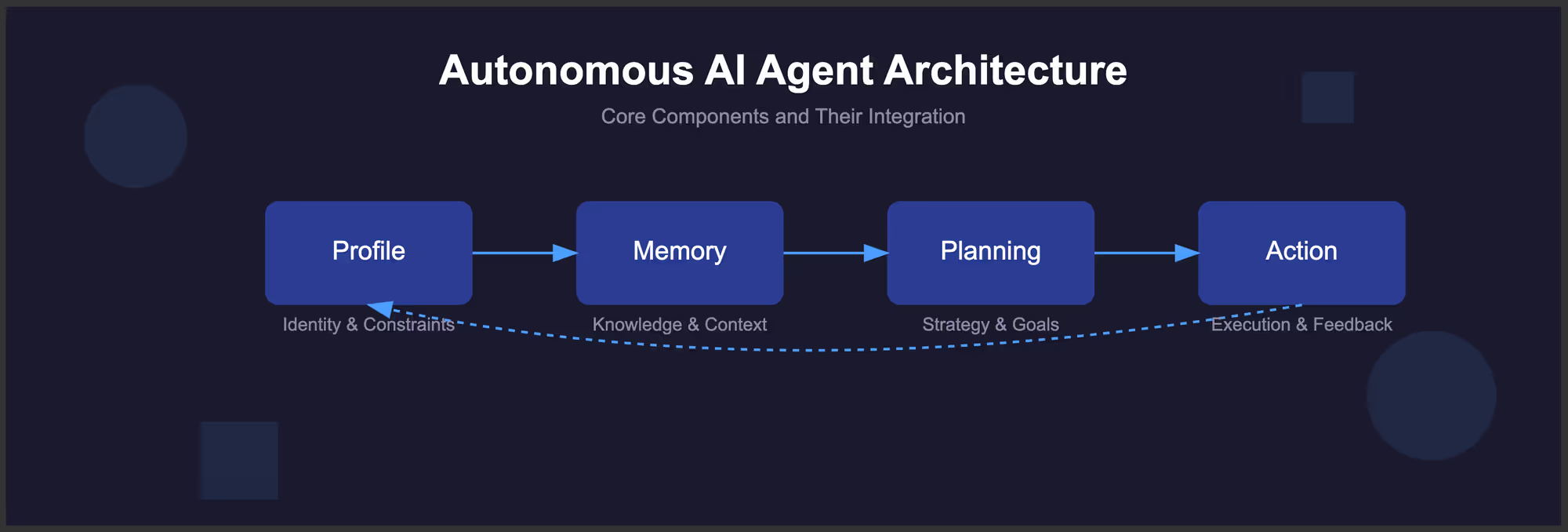In an era of unprecedented technological transformation, HR departments are standing at a critical crossroads. The traditional model of human resources management is rapidly evolving, with AI agents emerging as a powerful catalyst for change. These intelligent systems are not just incremental improvements to existing processes—they represent a fundamental reimagining of how organizations understand, support, and develop their most critical asset: their people.
The AI Agent Advantage
According to recent studies, AI agents are set to make a massive impact on HR operations. A McKinsey projection suggests that AI agents could boost global GDP by 26% by 2030, with 90% of companies already seeing significant improvements in workflow efficiency.
Key Statistics That Matter
- 96% of HR leaders believe AI agents can provide personalized learning and development opportunities
- 64% of business owners expect AI to increase productivity
- 82% of organizations agree that AI agents will drive higher levels of workflow automation
Beyond Traditional Automation
Unlike simple chatbots or basic AI assistants, AI agents are autonomous problem-solvers with remarkable capabilities. Where traditional tools might provide surface-level responses, AI agents dive deep into organizational data, creating nuanced insights that transform how companies approach workforce management.Data accessibility is more than a technical challenge—it's a strategic imperative. AI agents require comprehensive, interconnected data ecosystems to truly demonstrate their potential. They don't just process information; they interpret complex workforce dynamics, identifying patterns and opportunities that human analysts might overlook.

Challenges and Considerations
The journey toward AI-enhanced HR is not without significant hurdles. Data privacy remains a paramount concern, with organizations needing robust frameworks to protect sensitive employee information. Ethical considerations extend beyond mere compliance, demanding a holistic approach to AI integration that prioritizes transparency and fairness.Change management represents another critical dimension of AI agent implementation. Organizations must invest not just in technology, but in comprehensive training programs that help HR professionals understand and effectively collaborate with these intelligent systems.
The Human-AI Collaboration
The most transformative potential of AI agents lies not in replacement, but in augmentation. These systems are designed to elevate human capabilities, handling routine tasks while freeing HR professionals to focus on strategic, empathy-driven initiatives.By automating administrative processes, AI agents enable HR teams to shift from transactional work to transformational leadership. They provide data-driven insights that inform critical decisions around talent acquisition, employee development, and organizational strategy.Imagine an HR department where professionals are liberated from endless paperwork, instead focusing on creating meaningful employee experiences, designing innovative retention strategies, and building inclusive workplace cultures. This is the promise of AI agent technology.
Looking Ahead: The Future of HR
As we navigate through 2025 and beyond, AI agents are rapidly transitioning from experimental technology to essential organizational infrastructure. They represent more than a technological trend—they are a strategic imperative for companies seeking to remain competitive in an increasingly complex global talent marketplace.The organizations that will thrive are those that view AI agents not as a threat, but as collaborative partners. By embracing these intelligent systems, companies can create more adaptive, responsive, and human-centric workforce management strategies.The future of HR is not about choosing between human expertise and artificial intelligence. It's about creating a powerful, symbiotic relationship that amplifies the best of both worlds. Are you ready to lead that transformation?
Recent Posts
Browse all articles


.svg)



